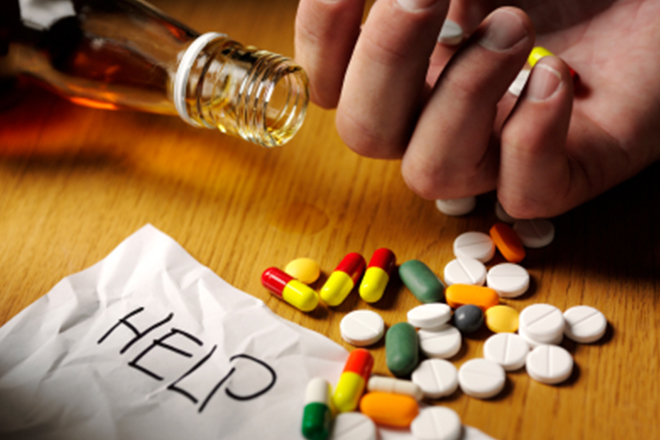
As the DSM-IV undergoes another re-vamp it appears as though the factors relating to addictions have likewise changed. This could be beneficial, but it also has long-term consequences. It seems that Behavioral addiction has been added, this consists of an addiction to gambling. These modifications indicate more accessibility for people who truly need assistance from clinics such as alcohol detox rehabilitation centers, but could affect health care insurance prices as well as taxes.
Substance Addiction
Addiction is considered the persistent use of substances that alter the mood or behavior no matter the consequences associated. Additionally it is considered a neurological impairment that may cause addictive behaviors. Alcohol abuse and drug addiction are the fundamental addictions; however there are also addictions to exercise and gambling, as well as many others.
Signs Of Addiction
Traditional signs and symptoms of addiction direct attention to an impaired hold over the substance of choice or specific behavior. This indicates a preoccupation with the substance or the behavior, along with the steady use of the substance without regard to the effects. Denial is another big element. Additional habits consist of behaviors that lead to temporary rewards for instance the quick high. Eventually these habits lead to physical need for chemical substances, that make dealing with an addiction a great deal more difficult.
New Definition
The proposed adjustments would appear in May 2013, and even though generally the modifications will allow for an earlier diagnoses and preferably quicker treatment for life altering conditions, these changes do not occur without difficulties. The DSM is highly revered and is looked to when it comes to diagnosing individuals. Ultimately a lot of people would be clinically diagnosed with psychiatric issues and addiction issues, particularly with the addition of behavior addiction which would broaden the definition of addiction so more people would be diagnosed with it. In turn this may lead to negative stigmas attached to people in addition to increased insurance premiums and taxes.
Behavioral Addiction
A Behavioral addiction describes an addiction that doesn't center on mood altering substances such as drugs or alcohol. It is usually classified as a process addiction or as a non-substance-related addiction. The definition explains a compulsion to take part in an action time and time again until the action results in adverse reactions to the individuals emotional, social, physical, or financial well being. An addiction is acknowledged when these behaviors continue even after negative effects. Some examples of Behavioral addictions include gambling, sex,food,viewing of porn, computer use, video games,exercise,work, as well as spiritual obsession, pain, shopping, and cutting. This isn't an exhaustive list, simply a listing of the more normal Behavioral addictions.
Treatment
No matter the addiction, whether chemical or behavioral it is still a hindrance to life, and needs to be dealt with. There are a number treatment centers that care for co-occurring disorders, and therapy and counseling can treat the non harmful behavioral addictions. Once an individual has either a behavioral or chemical addiction its necessary for them to be aware of their behavior to prevent additional addictions.












